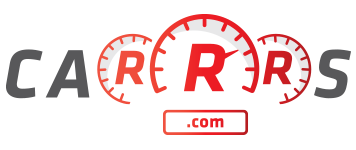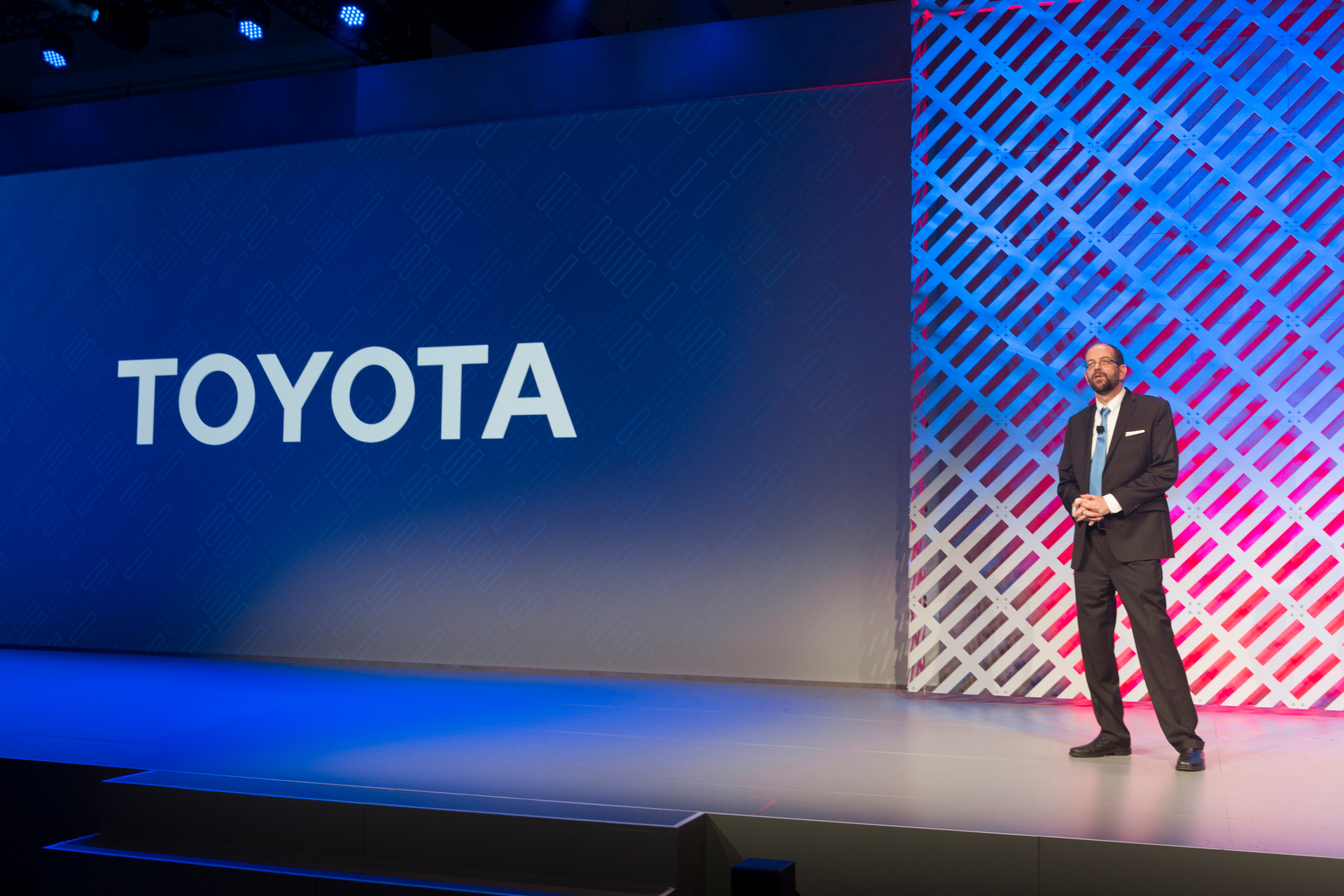The Toyota Research Institute (TRI) announced the hiring of its technical leadership team, bringing together an all-star group of scientists and engineers to help drive research into artificial intelligence and robots. TRI CEO Gill Pratt introduced the technical team and initial TRI research programs in a press conference at the 2016 International Consumer Electronics Show. In addition to the technical team, TRI work will be guided by an Advisory Board of corporate, scientific and public policy leaders from around the world.
First announced in November 2015, TRI is a research and development enterprise designed to bridge the gap between fundamental research and product development. Funded by an initial five-year, $1 billion investment, it has been launched with mandates to enhance the safety of automobiles, with the ultimate goal of creating a car that is incapable of causing a crash; increase access to cars to those who otherwise cannot drive, including the handicapped and the elderly; help translate outdoor mobility technology into products for indoor mobility; and accelerate scientific discovery by applying techniques from artificial intelligence and machine learning.
“While the most important technology for enhancing human mobility has traditionally been hardware, today software and data are increasingly essential,” said Gill Pratt, Toyota Executive Technical Advisor and CEO of TRI. “Our leadership team brings decades of experience in pushing the boundaries of human knowledge in computer science and robotics, but we are only getting started. The scale of Toyota’s commitment reflects our belief in the importance of developing safe and reliable automated mobility systems. Simply put, we believe we can significantly improve the quality of life for all people, regardless of age, with mobility products in all aspects of life.”
The initial technical team includes:
- Eric Krotkov, Former DARPA Program Manager – Chief Operating Officer
- Larry Jackel, Former Bell Labs Department Head and DARPA Program Manager – Machine Learning
- James Kuffner, CMU Professor and former head of Google Robotics – Cloud Computing
- John Leonard, Samuel C. Collins Professor of Mechanical and Ocean Engineering, MIT – Autonomous Driving
- Hiroshi Okajima, Project General Manager, R&D Management Division, Toyota Motor Corporation – Executive Liaison Officer
- Brian Storey, Professor of Mechanical Engineering, Olin College of Engineering – Accelerating Scientific Discovery
- Russ Tedrake, Associate Professor in the Department of Electrical Engineering and Computer Science, MIT – Simulation and Control
Professors Tedrake, Leonard and Storey will work part time with TRI and continue in their university roles.
The Advisory Board will be made up of a range of outside experts including:
- John Roos, former CEO of Wilson Sonsini and former US Ambassador to Japan. Currently, General Partner at Geodesic Capital, a late stage venture capital firm and Senior Advisor at Centerview Partners, a preeminent mergers and acquisitions advisory firm – Chairman
- Rodney Brooks, former director of the MIT Computer Science and AI Lab, founder of iRobot and Founder, Chairman and CTO of Rethink Robotics – Deputy Chairman
- Marc Benioff, CEO of Salesforce.com
- Richard Danzig, Former U.S. Navy Secretary
- Bran Ferren, former President of R & D at Walt Disney Imagineering and Chief Creative Officer of Applied Minds
- Noboru Kikuchi (planned), Emeritus University of Michigan Professor, head of Toyota Central Research and Development Lab and the Toyota Research Institute of North America
- Fei-Fei Li, director of the Stanford Artificial Intelligence Laboratory (SAIL)
- Daniela Rus, director of MIT’s Computer Science and Artificial Intelligence Laboratory
The hiring announcement comes as TRI is moving quickly to launch its research and development programs. Two new facilities, one in Palo Alto, Calif., and the other in Cambridge, Mass., officially open in January. The two offices are located within ten-minute bike rides and walks to the Stanford and MIT campuses and will further accelerate TRI’s partnership with both universities.
Toyota has already committed $50 million over the next five years to support collaborative research into artificial intelligence and robotics research at Stanford and MIT. The program has identified and funded almost thirty initial research projects and project teams.







































